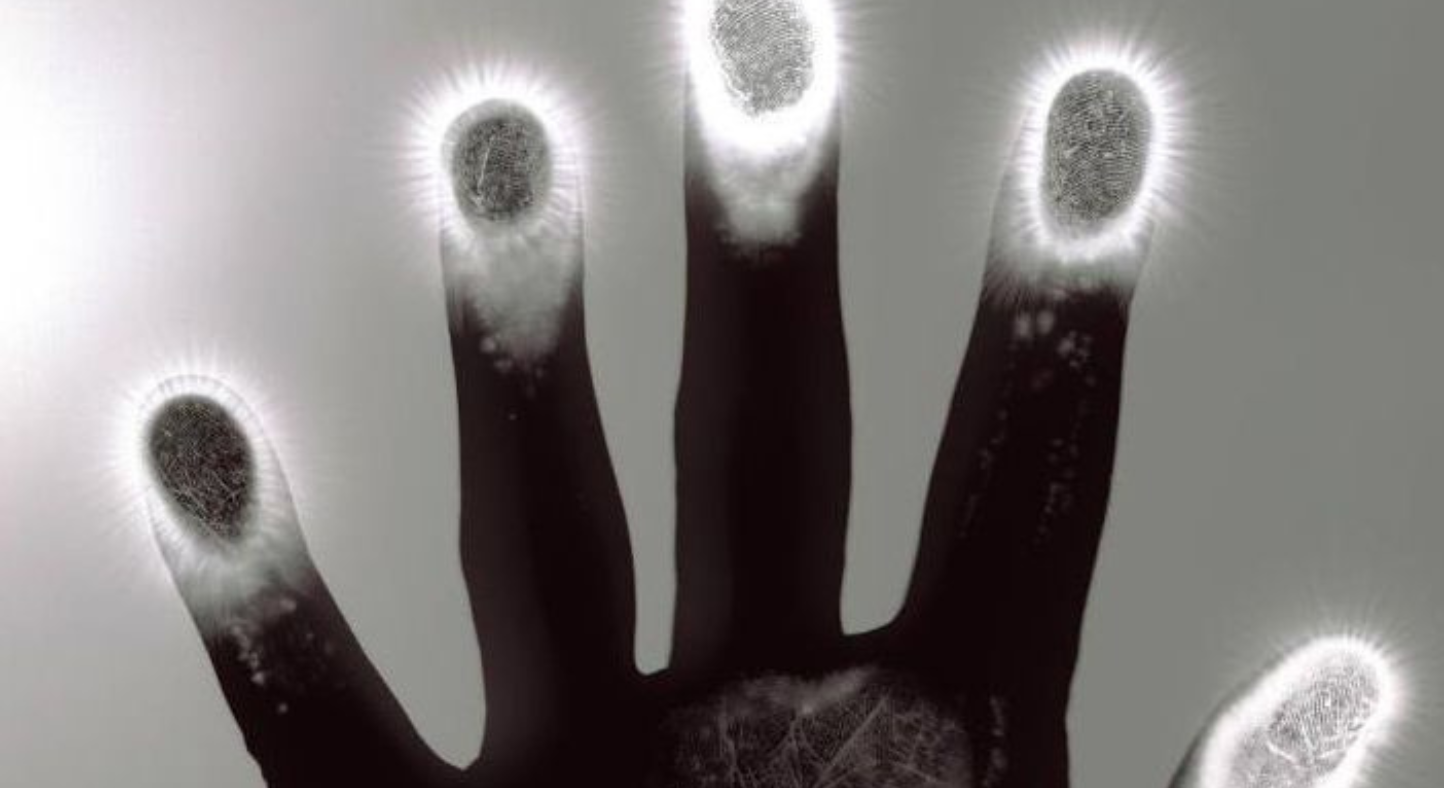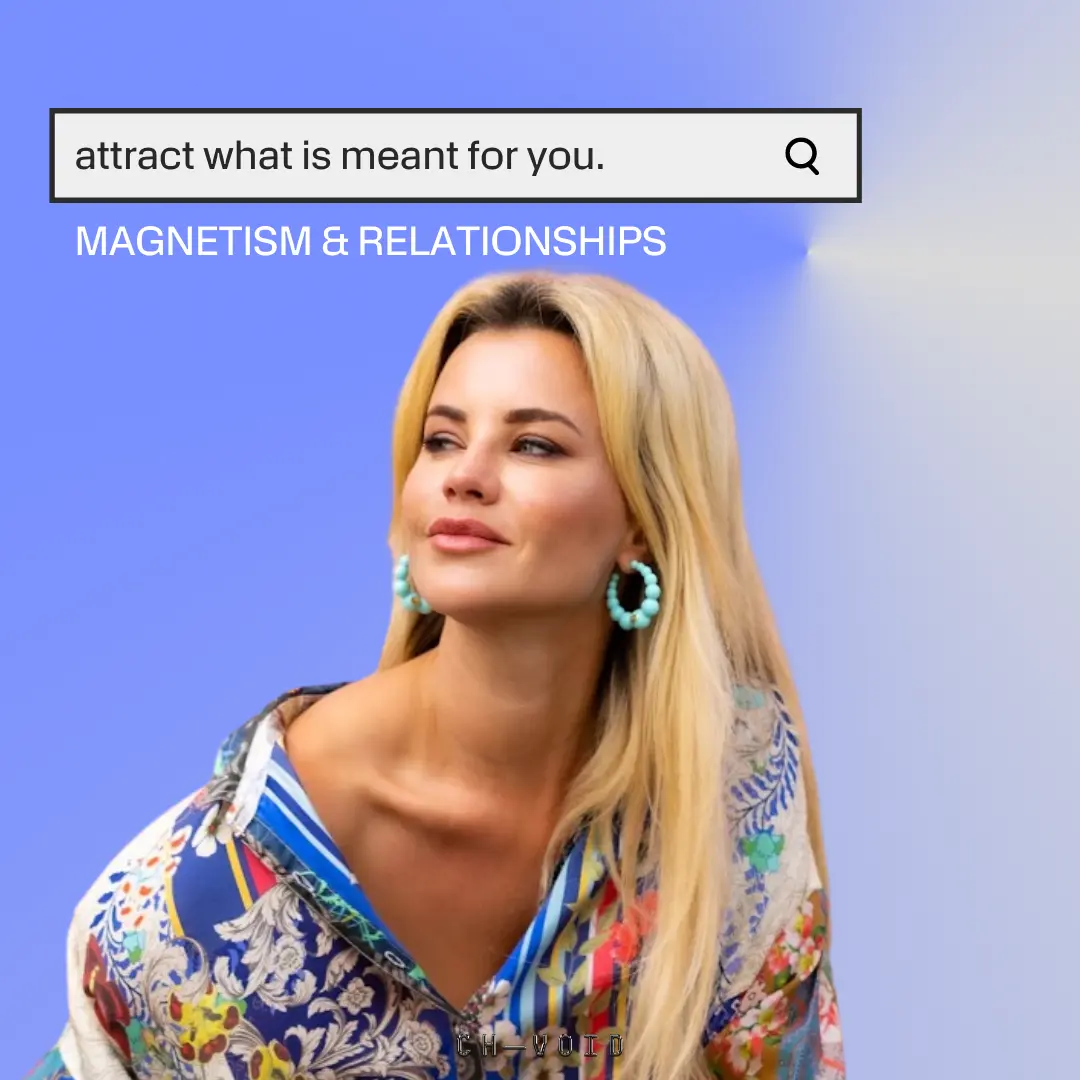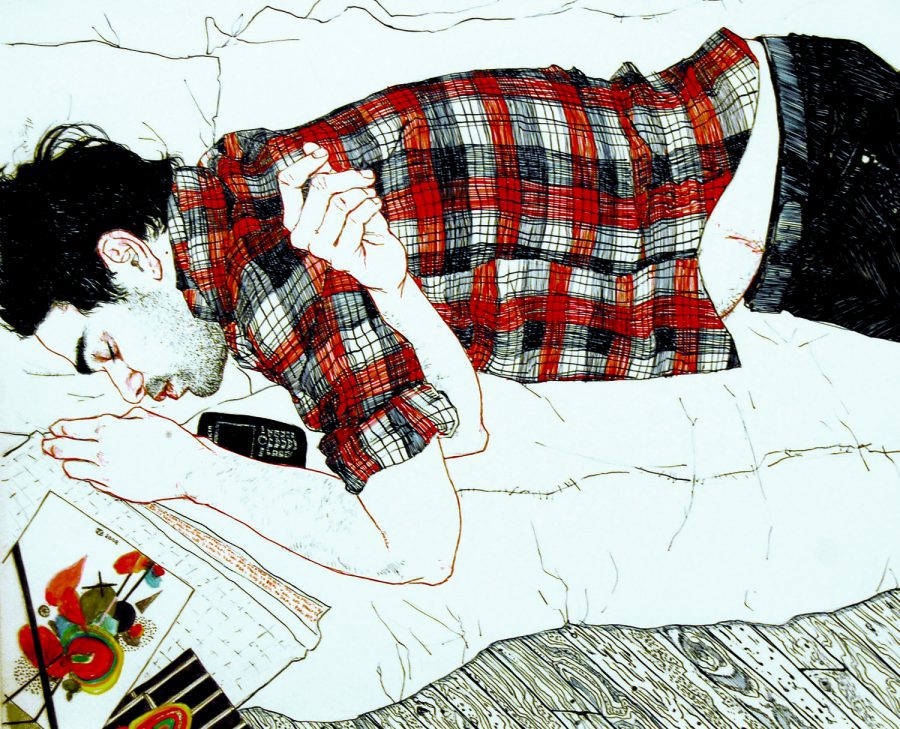On belonging
What does it mean to be from somewhere, to hold a culture in your bones and not be surrounded by it?
Of Poets + Punks is a column that explores the relationship between music, emotion, poetry and fragmented memory.
Press play.
“I’m moving to New York!”
Applause breaks out in Le Poisson Rouge, a dimly lit Greenwich Village venue, as Rodrigo Amarante proclaims allegiance to a new city after years in Los Angeles.
The Brazilian musician plays a pared-down set, all guitar and piano and that tremulous hearth of a voice. It takes a special performer to make a crowded room feel like an individual conversation. It’s hushed, too. It feels like he’s embracing all of us.
There’s embracing throughout: the boy next to me holding his partner, me and my best friend sharing the occasional sniffle and hug. The crying came early when he set the tone by opening with “Evaporar,” the enduring finishing song of Little Joy’s only album, a once-in-lifetime supergroup he founded alongside Binki Shapiro and Fab Moretti of The Strokes.
My mind goes to the song he plays before New York City adopts him. “I Can’t Wait,” a layered wave of guitars song that got me through three or so summer heartbreaks:
Our hearts beat as one
That old dream of ours
To be free is to belong
I snap out of the rumination, and before he moves on, he yells out, “I’m playing to my people now!”
* * *
I sometimes wonder if the fragmented writing that Twitter and texting have imposed on us has destroyed our capacity to meet strangers in-person.
Tinder often cannot properly stoke a flame. Grindr can feel like a carnivorous Grubhub where meat or peaches of dubious quality are delivered to your door. Some of us play the Feeld. By the time we meet someone, we know the curated echo of them or their body. This is true even of the connections punctuated with video calls or late-night conversations.
We have been kissing for years now. One day in bed, you tell me that if we isolated these moments, it would amount to twenty-four hours of just kissing. I often remember how badly I wanted to kiss you when we met online in 2020. It had been three years of being digitally aware of each other before we started to talk. Now, I have given myself entirely and I don’t regret a second.
Hoe in hospice that I am, these years have forced me to confront a truth I was slow to accept: it’s different, always, when you’re in love.
* * *
“[With] me it is quite stark: I miss you even more than I could have believed; and I was prepared to miss you a good deal. So this letter is just really a squeal of pain. It is incredible how essential to me you have become.”
Vita Sackville-West to her lover, Virginia Woolf
Milan, January 1926
* * *
Land can only belong to its original stewards. Rather, they belong to that land because they rose from it. A papal apology means nothing without the dissolution and return of that territory.
There’s really nothing else to say here, except that in the case of Turtle Island, if you’re a “sixth-generation [insert colonial state here],” you come from a lineage of immigrants. Own it, and don’t be a racist.
* * *
I’m sitting around a table with three other Venezuelans my age. We’re talking about what our identity means.
One of them, expelled to New York in the traumatic way most of the world knows our migrations, jokes that I’m his only Venezuelan friend and that—because I wasn’t raised there and don’t have the accent—isn’t saying much.
The second, a philosophical muscle gay I met in Washington Square Park years ago, jumps to my defense. He says that birth means nothing without claiming, and that I claim.
The third guy is quiet. I think he was the newest arrival and didn’t care to harp on it.
I stare at the candle of folk goddess Maria Lionza burning nearby, and think about how the only identity the modern Venezuelan my age can fully claim, if they left (which is a lot of us), is a global identity. It can’t really go any other way when you’re part of the second largest displacement of a people in modern history.
I have family in the UK, Spain, France, Germany, Colombia, Chile, Peru, Florida, Kansas, Pennsylvania, and that’s just off the top of my head. Until recently, an aunt was in Senegal. I still have so many cousins back in Venezuela, who know me only through WhatsApp.
Of the three of us at the table, I’m the only one who was raised in the United States, but readily claims where I was born. I’ve never known what this claim means; I’m far from a nationalist. There is no time to be from where one is “from” when it’s a constant question they are asked by European Americans who claim this country, one cannot help but defy. One cannot help but question what it means to be born somewhere, to hold a culture in your bones and not be surrounded by it. You have to surround yourself with it. You have to constantly affirm yourself.
* * *
that i have never felt love,
never felt the grace
or the consensus or the
eroticism of fighting
for, as opposed to against?
Tatiana Luboviski-Acosta, ‘Historia de un Amor’ (from “La Movida“)
* * *
A model who left the game to become a performance artist is on the 11:14 ferry to New Jersey. He’s not having a coffee and a bagel, but my friends and I craved sustenance, eyes dusted with last night’s hangover. I remember his face from a different part of my life when I went out a lot.
I went out a lot because I was looking. For what? I couldn’t tell you. I made friends who had my back for a year or less before life whisked them away, or we had a stupid blow up nobody ever apologized for. Sometimes there was no point.
A big part of my newfound peace came when I let go of the illusion of belonging to focus on myself and on people I actually loved. Some friendships are all condition and geography. Then there are the people who you are certain you’ve gossiped with or kissed or cried with on a blue chaise in the last lifetime. Some of us have had each other’s backs across timelines and existences. It’s been my experience these people always return to you, and never in the way you would expect.
Although not everyone followed me into the current phase of myself, I would hold a brick for those who did. I’d throw it, too, if asked.
The ferry arrives, and one of our closest fetches us. It’s her birthday, and we have to boil a lobster and spend the day on the beach.
* * *
It’s more productive to forgive when a friendship ends. There is always mourning. There are always parts of you that have to die in order for you to connect with new people. Someone who was formative to your childhood will leave your life, often brutally. There will still be trees, and they will still whizz by as you lay in the back of a truck laughing with a new friend.
Community is a slippery thing that sometimes devolves into a scene or, worse, a clique. The moments when it’s stable are some of the best of a person’s life. Accepting its impermanence makes those moments even more beautiful. It keeps the memories from cracking like old plastic or cheap glass.
* * *
I’m cruising in the monkey pox vaccine line. A lot of (responsible) twinks with chipped white nail polish. It seems shorts, long socks, and sneakers are still in despite the heat.
The thought that I am surrounded by hotties in the post-vax waiting area and that we are all courting desire being in and of itself pathetic (derogatory) is not lost on me. The hottest one is next to me, his muscular chest puffing out of a sleek one-piece with a loud pattern. We chat. I ask for the time because I need an excuse to make contact and my phone is dead, so I have no idea if the sun has set. The small pearl glinting off his gold chain glistens as he sort of mumbles and I nod, pretending to understand.
Who among us at the Bronx Hugh School of Science post-monkeypox vaccine waiting area has a house on Fire Island? Certainly not the boy next to me reading Ada Limon’s “Bright Dead Things.” I read over his shoulder for too long, and the boy with the pearl necklace leaves. He has a place to go, clearly. I finger the silk shirt in my bag a friend just gifted me and wonder if I should have come dressed to kill for this particular event.
Is dressing to impress at the vaccination site high camp? Is this further proof that even in a post-apocalyptic situation I’d probably feel better, or at least die chicly, if I’m wanted? All I know is I leave after fifteen minutes with no side effects. The sun is setting. The sky is orange, and my longest boyfriend—Helios, the sun—is chugging his chariot across the sky as the stars begin to appear.
* * *
“Yes, there’s nothing more wonderful than to be well-loved, […] by all those you have close dealings with in life.”
Sei Shōnagon, The Pillow Book
* * *
Every time I see Beach House, I find another poet weeping at the show. The last time I did was at Brooklyn Steel, where I peeped a recognizable astrologer-poet sobbing into his leather jacket and leaning on his date.
I notice these things when I can notice. Otherwise, I’m so enraptured by the music and the colors that it’s all I see. Tonight, I stumble upon a poet friend. She’s dressed divine and high out of her mind. The usual.
“I love sharing this Tuesday on a spaceship with all of you,” guitarist Alex Scally mumbles in the darkness to an eruption of cheering.
The lights on the opulent roof of the theater change colors. I think about how it does look a lot like a spaceship. My friend leaves and doesn’t return.
We’re alone now. I hear “PPP” with you in my arms. We sway in our seats.
It won’t last forever,
But maybe it will.
E.R. Pulgar is a Venezuelan American poet, translator, editor and journalist based in New York City. Their writing has appeared in i-D, Rolling Stone, Playboy and elsewhere. Their poems have appeared in Epiphany, PANK Magazine, blush, and A*N*U*S. Find them at the back of the bar reading under a disco ball.





















